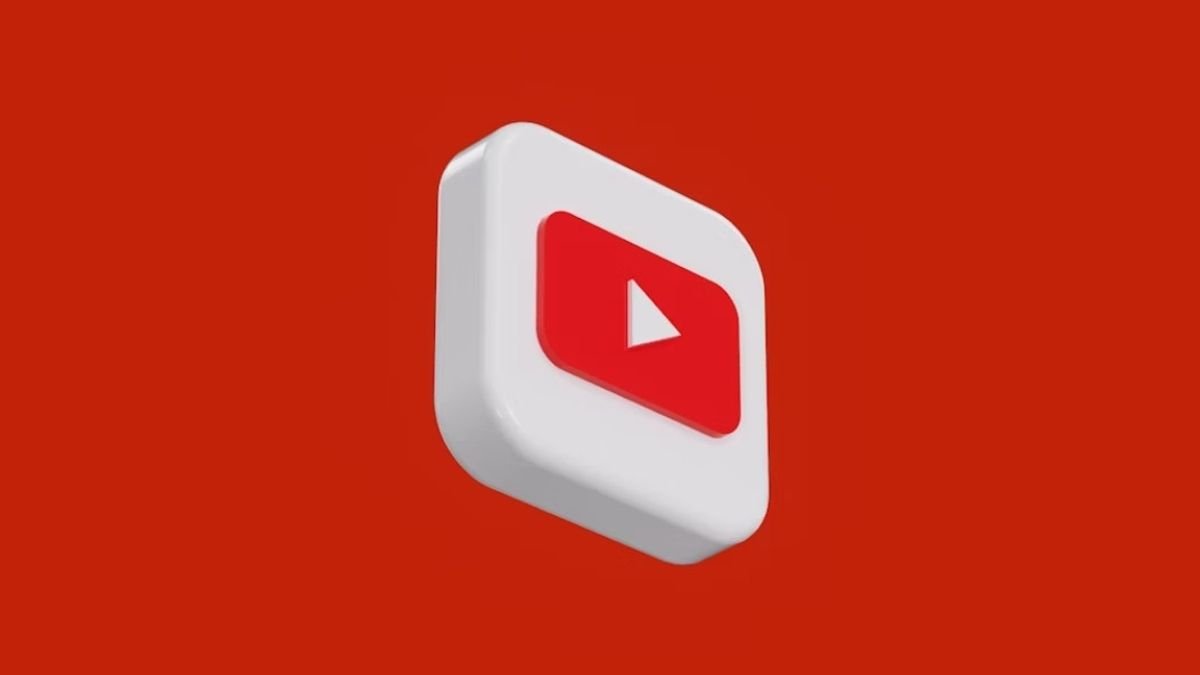In a developing story that has attracted attention across the tech and legal sectors, YouTube has voiced concerns that OpenAI’s training of its advanced text-to-video AI model, Sora, with content from its platform could violate copyright rules. This contention brings to light the complex intersection of AI development and copyright law, highlighting the broader challenges that emerge as AI technologies increasingly rely on vast datasets culled from the internet.
OpenAI’s Sora, an AI capable of generating realistic videos from text prompts, has been under scrutiny regarding the sources of its training data. Mira Murati, OpenAI’s Chief Technology Officer, faced pointed questions about whether YouTube, Facebook, or Instagram videos were utilized in training Sora. Although confirming the use of content from Shutterstock, with which OpenAI has an established partnership, Murati’s responses remained ambiguous about the inclusion of YouTube videos, citing the use of “publicly available or licensed data” without specifying further.
The issue at hand is not just about the legality of using such data but also about the broader implications for copyright owners and creators. YouTube’s terms of service, like those of many content platforms, are designed to protect the intellectual property of its users. The use of this content by third-party AI developers, without explicit permission, could potentially infringe on these rights, leading to complex legal and ethical dilemmas.
This is not the first time OpenAI has faced legal scrutiny over its data practices. The company has previously been embroiled in copyright lawsuits, including a notable one from The New York Times, reflecting a growing concern over how generative AI models source and use data from the web.
The discussion around Sora also highlights a broader debate on the impact of AI-generated content on various industries, from education and creativity to videography and photography. While there are undeniable benefits to making such technology accessible for educational purposes and creative expression, concerns persist about its potential to displace jobs and alter content creation landscapes.
Moreover, the very nature of generative AI, which can create convincingly real content, is raising existential questions about the distinction between reality and artificiality online. This blurring of lines prompts a reconsideration of what it means to share and consume content in the digital age.
As OpenAI prepares to make Sora publicly available later in 2024, the industry and the public alike are keenly watching how these issues will be navigated. The company’s engagement with Hollywood and creative professionals, in testing and refining Sora, signals its ambition to shape the future of content creation, even as it grapples with the legal and ethical challenges that come with such groundbreaking technology.






























